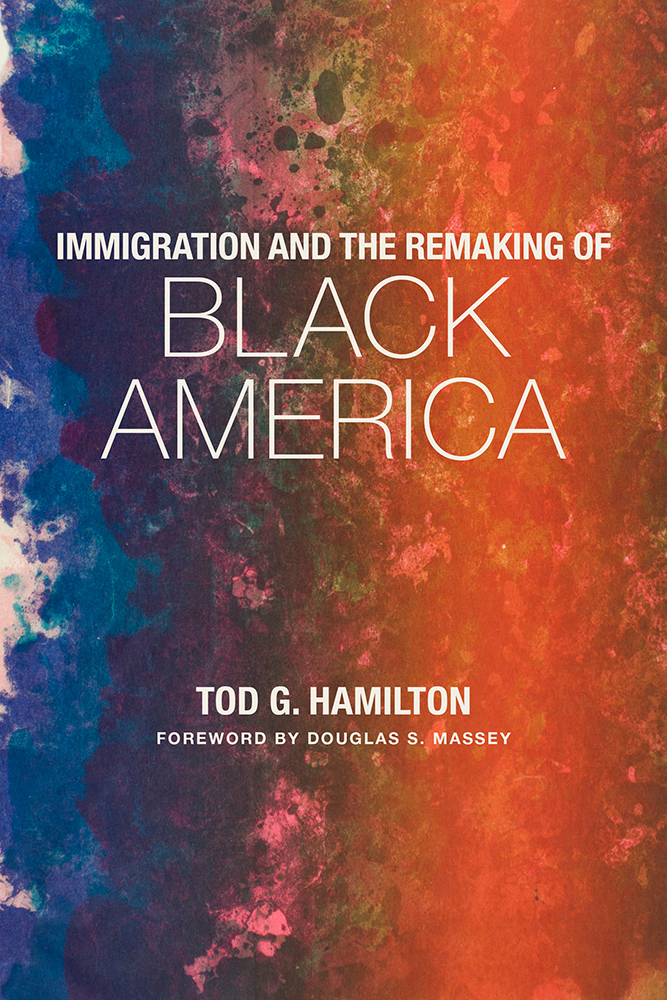Main navigation

Recently, there has been a surge of African migrants seeking asylum at the southern border of the United States. The New York Times published an article about this demographic change at the border and another on the migration of African asylum seekers to places like Maine, where unemployment rates are low and there are existing, albeit strained, support resources for new immigrants.
In his new book, Immigration and the Remaking of Black America, Tod G. Hamilton examines the increase of immigration from the Caribbean and sub-Saharan Africa to the United States. Hamilton debunks the myth of the superiority of African and Caribbean immigrants, noting that these migrants tend to arrive in this country in better health and have higher educational attainment than native-born blacks, as well as the fact that they benefit from today’s expanding opportunities for women and people of color that were not historically available to native-born blacks. The author draws comparisons between black immigrants and native-born blacks who move away from their birth states, suggesting that some disparities within the black population stem from processes associated with migration, rather than from nativity alone.
The illustrations below show the growth of lawful permanent residents arriving from the Caribbean and sub-Saharan Africa from 1960-2009 as well as immigration figures by sending country in each region. Hamilton notes that in the 1970s most black immigrants were from the Caribbean while the number of immigrants from Africa rose sharply after 1990. He also points out that more than a million black immigrants arrived in the United States between 2000 and 2010, the vast majority (645,953) of them Africans.

There is much more birth-country diversity among African immigrants. Five countries—Jamaica, Haiti, Trinidad and Tobago, Guyana, and the Dominican Republic—account for almost 90 percent of Caribbean immigrants in 2014. The top five sending countries in Africa—Nigeria, Ethiopia, Ghana, Kenya, and Liberia—account for approximately 40 percent of recent African immigrants.


Immigration and the Remaking of Black America is a timely, complex account of immigration that will be of interest to scholars and lay readers alike.
Read more or purchase a copy of the book here.





